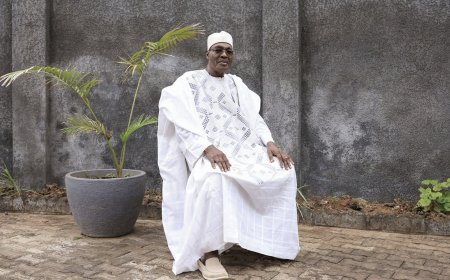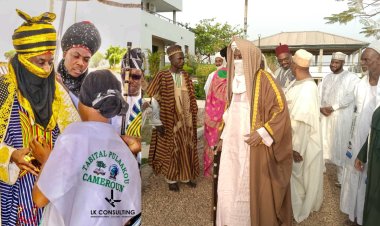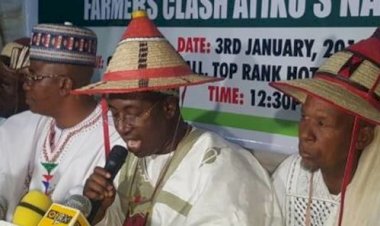A BRIEF HISTORY OF THE HIJRA & JIHAD OF SHEHU UTHMAN DAN FODIO & THE FOUNDATION OF THE SOKOTO CALIPHATE


Part 1
by Shaykh Muhammad Shareef bin Farid
About four years prior to the American Revolution in 1772, a young Turudbe Fulani man named Shehu Uthman Dan Fodio began a social revolution that would change the entire map of Western, Central and Eastern Bilad’s-Sudan. Shehu Uthman began his career by traveling throughout the villages and metropoles of Hausaland, calling the people to the religion of Islam. His methodology of reforming Hausaland included going to the markets and singing Fulbe and Hausa songs to writing Arabic texts addressing the many social ills which effected the people.
The blameworthy characteristics, which he rose to correct, were: the persistent pagan customs that prevailed among Muslims and non-Muslims alike; the heretical innovations that the evil scholars allowed to proliferate among the people; the injustice of the rulers; and the illicit behavior and immorality that afflicted family and community life.
Shehu Uthman initiated the practice of teaching as he learned. 1 Thus, around him there emerged a cadre of learned colleagues who shared his zeal for erudition and reform. Among these colleagues were his brother Abdullahi, his best friend Umar Kammi, and many of his sons and daughters – like Muhammad Bello, Muhammad Sanbu, Khadija and Nana Asma’u.
Whenever the Shehu recognized that an issue was unresolved or not clear to his colleagues, he would set out immediately to compose a book dealing with the fundamentals of that issue. Thus, around him grew a very learned group of men and women, who were inspired to spread education and reform as the Shehu had done. Murray Last quotes a Hausa poem that gives an accurate picture of the extent of the social revolution that the Shehu had created in Hausaland at that time,
”Verily a cloud has settled on Allah’s earth
A cloud so dense that escape from it is impossible.
Everywhere between Kordofan and Gobir
And the cities of the Kindin (Tuareg)
Are the settlements of the dogs of the Fulani
Worshipping Allah in all their dwelling places
In reforming all districts and provinces
Ready for the future bliss
So in this year of 1214 they are following their
beneficent theories
As though it were time to set the world in order by
preaching.” 2
From 1774 to 1788 Shehu Uthman established himself as a pious and upright scholar dedicated to giving life to the sunna of Prophet Muhammad and destroying non-Islamic heretical practices. Most of the writings and preaching the Shehu was involved with during this period covered the science of tawhid (theology), `aqida (doctrine), fiqh (jurisprudence), and tasawwuf (sufism).
Among his more outstanding works during this period were Tanbih’t-Taulab `Ala Allah Ma`ruf bi’l-Fitra, Sawq’l-Umma li ‘Ittiba`u s’-Sunna and al-Amr bi’l-Ma`ruf wa’n-Nahyi `an’l-Munkar. As a result of his dedication and steadfastness he accumulated a multitude of students and scholars as supporters. 3
This also brought him to the notice of the rulers throughout Hausaland. At the end of the year of 1788, the Shehu was summoned along with all the scholars of the country by Bawa the ruler of Gobir during the `id prayer celebrating the end of Hajj season. 4
According to Professor el-Misri, Bawa intended to assassinate Shehu Uthman. 5 However, this plan failed and the ruler instead presented the Shehu with 500 mithqals of gold. Shehu Uthman’s response to this was;
”Neither I nor my jam`aat are in need of your money. However, we want five ‘cloaks’ from you. [1] To allow me to invite the people to Allah in your land. [2] Not to stop anyone who intends to respond to my invitation. [3] To treat every person wearing the turban or a veil with respect. [4] To free all political prisoners. And [5] not to burden your subjects with unjust taxes.” 6
The ruler Bawa acquiesced to all of Shehu


















































